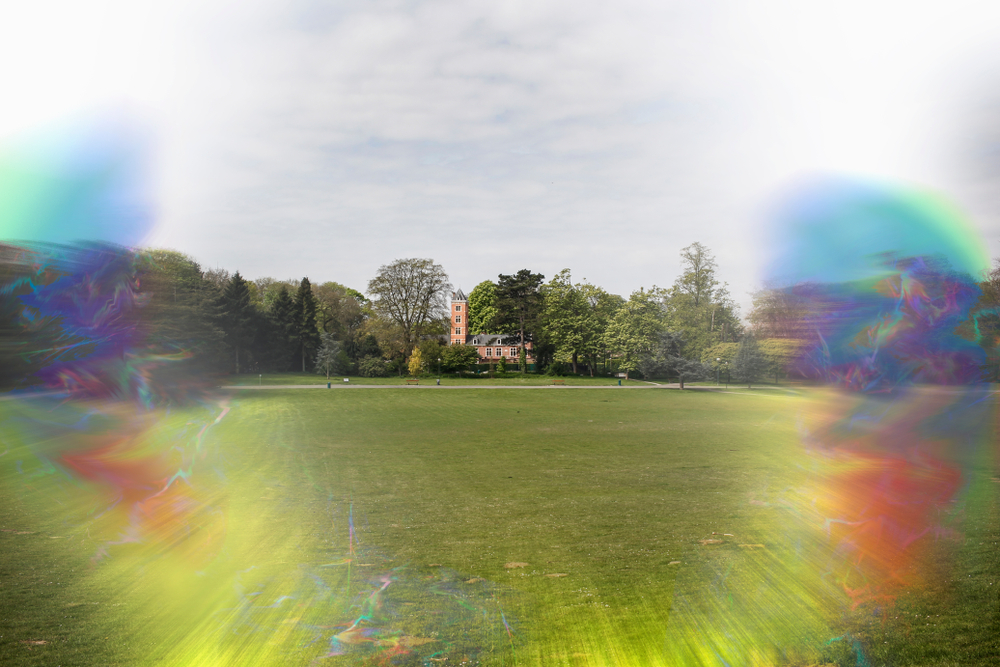
Early Signs of Macular Degeneration You Shouldn’t Ignore
Macular degeneration, a leading cause of vision loss in people over the age of 60, is a progressive eye condition that affects the macula, the central part of the retina responsible for sharp vision. As this condition develops, it can severely impact your ability to read, drive, or even recognize faces. The key to managing macular degeneration effectively is early detection. By paying attention to certain warning signs, you can seek treatment early to slow its progression. Here are some of the early signs of macular degeneration you shouldn't ignore.
Blurriness in Central Vision
One of the most common early symptoms is a gradual blurring of your central vision. You may notice difficulty seeing fine details while reading, working on a computer, or watching TV. This blurriness may initially be subtle and limited to one eye, making it easy to overlook.
Difficulty with Low Light
If you’re struggling to adjust your eyes when moving from bright environments to dimly lit areas, it could be a sign of macular degeneration. Many people find it harder to see in low-light situations, such as at dusk or in restaurants with dim lighting.
Straight Lines Appearing Wavy or Distorted
One of the hallmark signs of macular degeneration is the distortion of straight lines. You may notice that objects like window frames or text on a page seem bent or wavy. This symptom can be detected early through a simple at-home test using an Amsler grid, a grid of straight lines. If the lines appear wavy or broken, it’s time to see an eye care professional.
Dark or Blank Spots in Your Vision
Another early sign is the appearance of dark, blurry, or empty areas in the center of your field of vision. While your peripheral vision remains intact, these spots can make it difficult to see faces clearly or recognize objects in front of you.
Colors Appearing Less Vibrant
As macular degeneration progresses, you might notice that colors look faded or less vivid than before. This occurs because the macula plays a crucial role in color perception, and damage to this area diminishes your ability to see colors in their full intensity.
Increased Difficulty Reading Small Print
If you’re having trouble reading books, magazines, or labels, and even a pair of reading glasses doesn’t seem to help, macular degeneration could be the cause. This symptom is often one of the first indicators of declining central vision.
What to Do If You Notice These Signs
If you notice any of these early signs of macular degeneration, don’t wait to seek professional help. A comprehensive eye exam at the Eyecare Center of Leesburg can detect changes in your retina and macula before you experience significant vision loss. Early diagnosis allows for more effective treatments that can help slow down the progression of the disease.
Managing Macular Degeneration
While there is no cure for macular degeneration, certain treatments can help manage the condition, especially when caught early. These treatments include medications, laser therapy, and lifestyle changes such as adopting a diet rich in eye-healthy nutrients like lutein, zeaxanthin, and omega-3 fatty acids. Regular eye exams are crucial for monitoring the condition and adjusting your treatment plan as needed.
Book Your Eye Exam with Eyecare Center of Leesburg Today
Your vision is a vital part of your everyday life, and protecting it starts with paying attention to the warning signs. If you notice blurriness, wavy lines, dark spots, or difficulty adjusting to low light, these could be early indicators of macular degeneration.
To learn more on macular degeneration, contact the Eyecare Center of Leesburg to schedule an eye exam and stay proactive about your eye health. Visit our office in Leesburg, Florida, or call (352) 787-1956 to book an appointment today.












